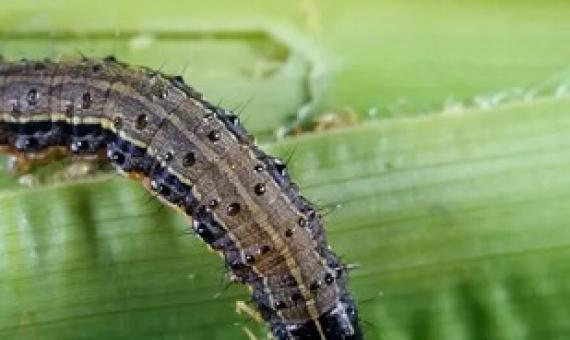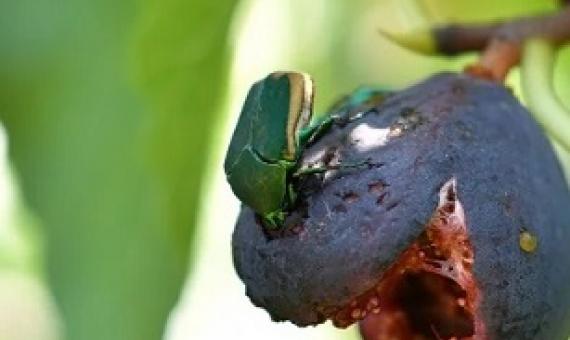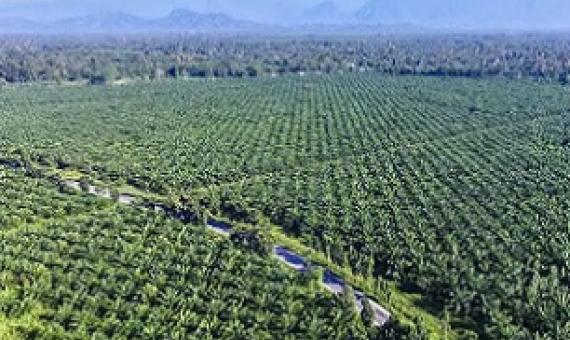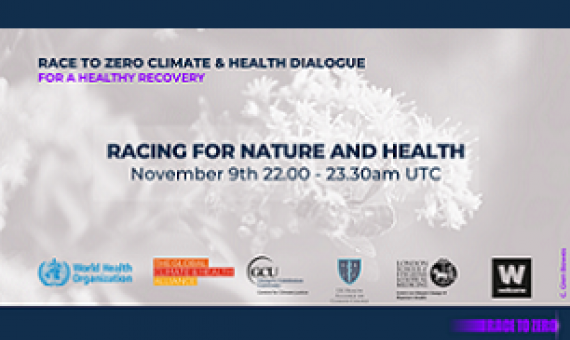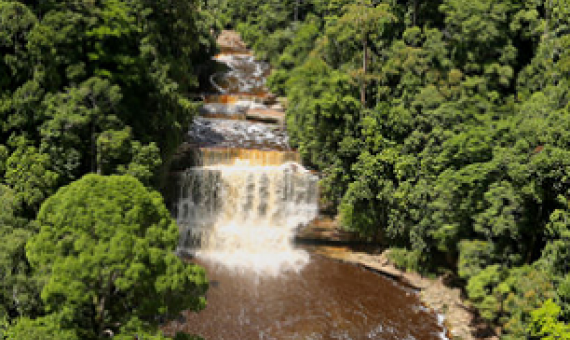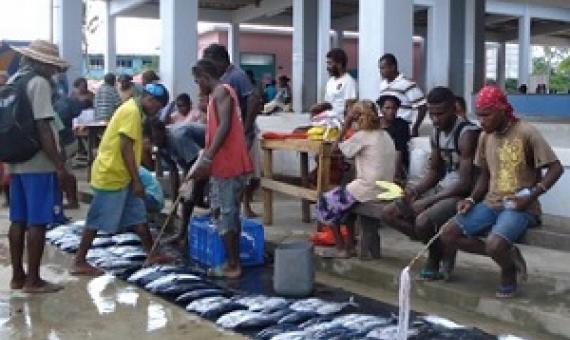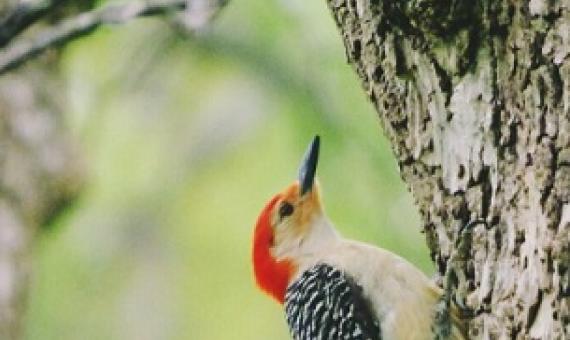People in wealthy, industrialized countries are used to finding their supermarket shelves fully stocked. Yet for a brief period early in the COVID-19 pandemic, some of those shelves emptied out, as panic drove shoppers to stockpile and supply chains were interrupted.
Australian research shows the Covid-19 pandemic could spark a food crisis in the Pacific.
Australia’s biosecurity needs a major overhaul within a decade to protect people, environments and industries from a wave of invasive pests, pathogens and future pandemics, a CSIRO report has found...The report calls for greater cooperation across all levels of society and makes 20 reco
Future pandemics could be prevented if unsustainable practices like deforestation and the industrial-scale wildlife trade are halted, according to a global biodiversity report.
This Climate & Health Dialogue will reveal the connections between nature, climate change and human health outcomes, and explore emerging challenges to food security, the control of infectious and noncommunicable
The coronavirus pandemic has shown just how easily and unexpectedly zoonotic diseases can spread—and ecosystem degradation may be a driving force. To save disappearing habitats, RFF University Fellow Carolyn Kousky offers a novel solution: create insurance policies for nature itself.
Coastal fisheries in the Pacific Islands have become a food and livelihood lifeline to many people who have lost jobs, especially in urban centres and tourism, following COVID-19 lockdowns and border closures.
In this new covid-19 world, environmental and climate crisis defenders are developing new ways to cope and operate under the pandemic constraints.
A group of economists, anthropologists, and environmental scientists from three continents argued that concrete policies to promote better management of biodiversity haven’t been prioritized in most economic recovery packages that countries around the world are proposing after the pande



